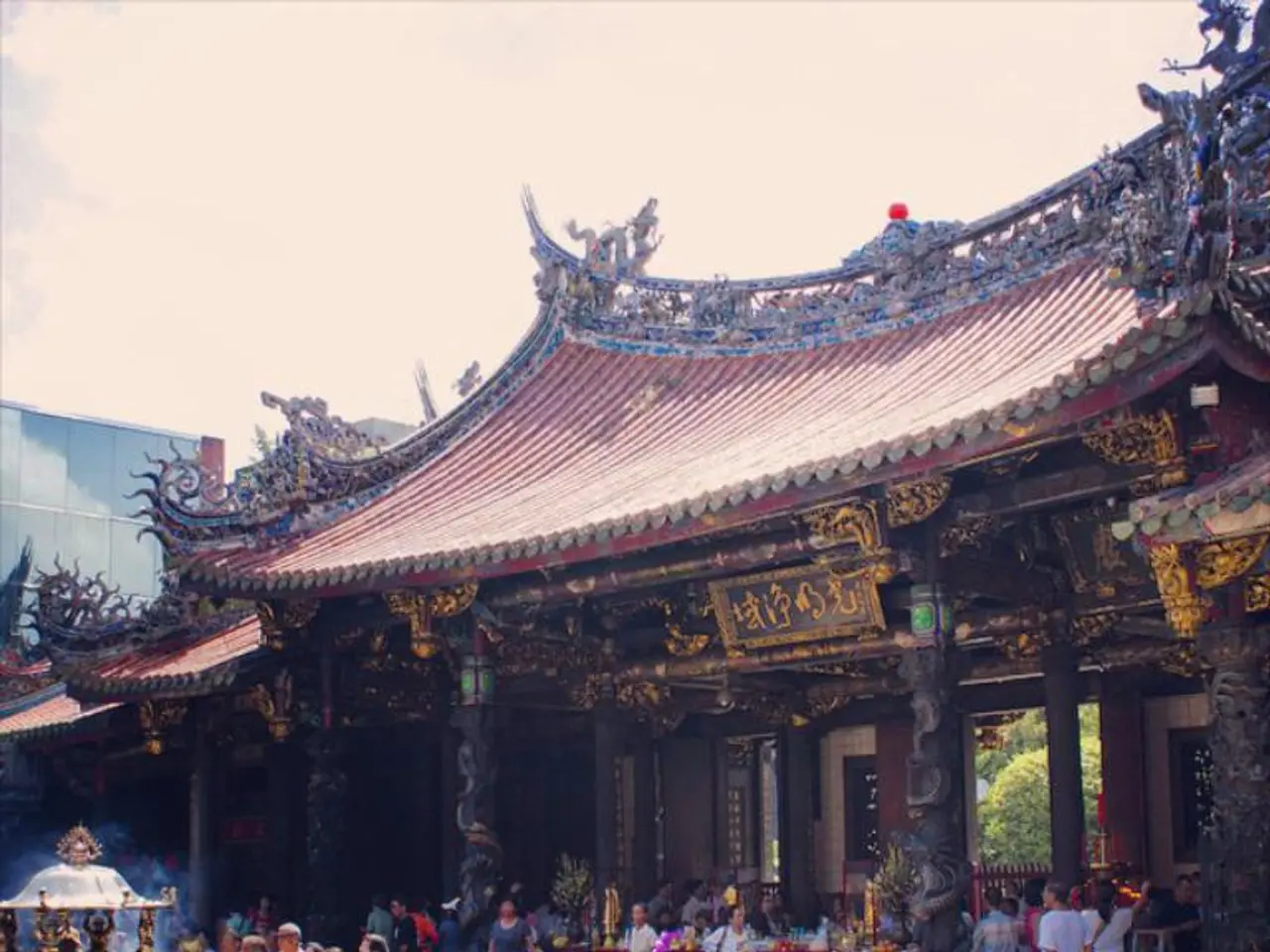Strengthening Diplomatic Relations: Japan's Foreign Minister Jours in Central Asia
In a significant development, Japanese Foreign Minister Takeshi Iwaya is currently on an official visit to Kazakhstan, from August 24-26. The visit comes at a time when both nations are looking to strengthen their relations and cooperate in various sectors.
During his visit, Iwaya met with President Kassym-Jomart Tokayev and Kazakh Foreign Minister Murat Nurtleu. The discussions focused on several key areas, including energy, decarbonization, and connectivity, which are priority areas for Japan's engagement with Central Asia.
Japan's interest in Kazakhstan's vast potential in renewable energy is evident. The country wants renewable energy to account for up to 50% of its electricity mix by 2040, with nuclear power accounting for another 20%. In this regard, cooperation through initiatives such as the Joint Crediting Mechanism is being sought.
Bilateral trade between Japan and Kazakhstan has been robust, with a record high of $1.8 billion achieved in 2024. Metals and metal products, led by ferroalloys, form the bulk of Kazakhstan's exports to Japan. On the other hand, Kazakhstan's imports from Japan are led by automobiles, trucks, and heavy machinery, along with medical instruments, devices, and rubber tires.
Japan aims to achieve carbon neutrality by 2050, ten years earlier than Kazakhstan's target. This shared commitment to sustainable development is expected to further strengthen the bilateral relationship.
Nuclear disarmament and non-proliferation remain central to bilateral cooperation between Japan and Kazakhstan. Japan, which is restarting the operation of nuclear power plants after a suspension following the 2011 earthquake, and Kazakhstan, a country rich in uranium reserves, have a unique opportunity to collaborate in this area.
The visit also marks a significant step in the historical relationship between the two nations. A substantial effort has been made to repatriate the remains of Japanese nationals who were exiled to Central Asia for forced labor at the end of World War II.
Japan was the first country to initiate a Central Asia+ format with the region in 2004, and it continues to express interest in strengthening cooperation in the economic area, including via the Joint Crediting Mechanism, mineral resources, and attracting Japanese companies to Kazakhstan. Japan is among the top 10 largest foreign investors in Kazakhstan, with a total investment volume surpassing $8 billion.
Iwaya welcomed the continuing high-level dialogue between Japan and Kazakhstan and reaffirmed Japan's willingness to strengthen relations with Kazakhstan. The main objective of Iwaya's visit is to deepen ties with Central Asia and work together to uphold a free and open international order.
The two ministers also signed and exchanged notes on grant aid for the Economic and Social Development Program, further solidifying the partnership between the two nations. Despite the cancellation of the high-level Central Asia + Japan summit scheduled for Astana in August 2024 due to a powerful earthquake warning in Japan, the visit of Iwaya is a testament to the enduring bond between Japan and Kazakhstan.








